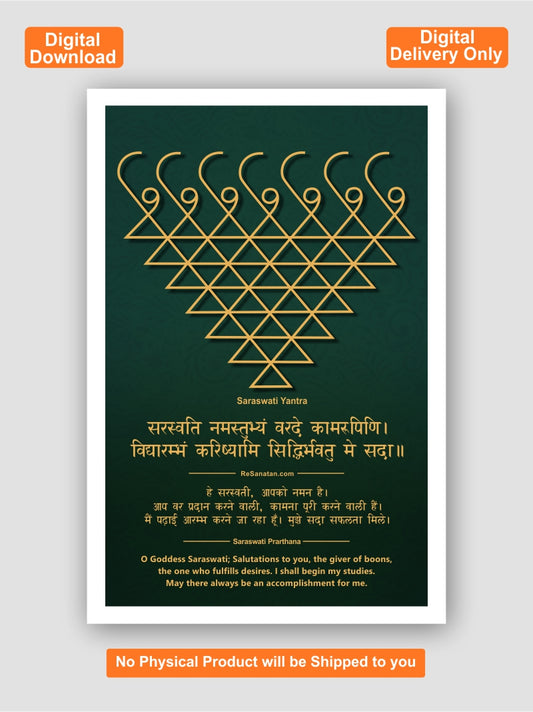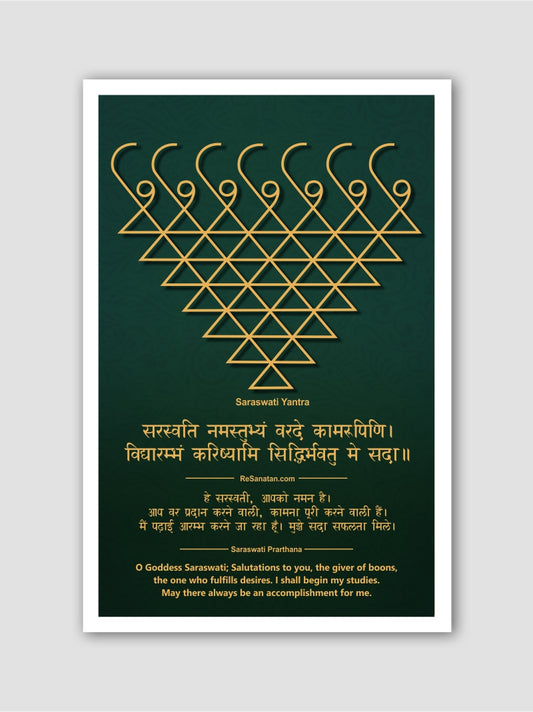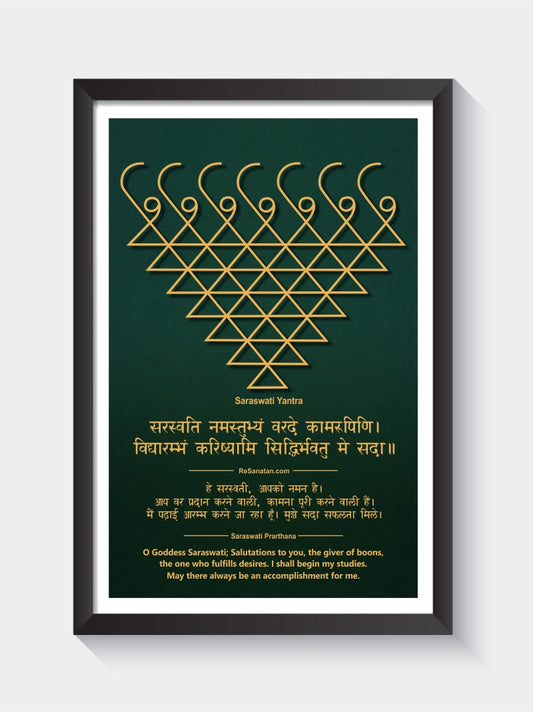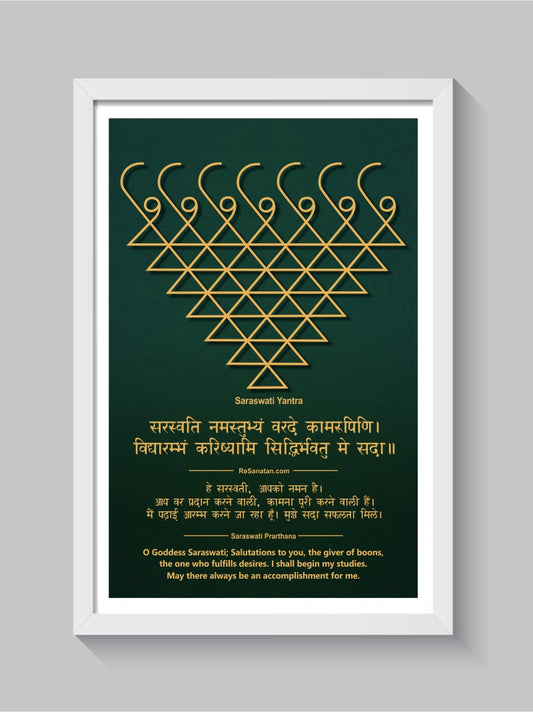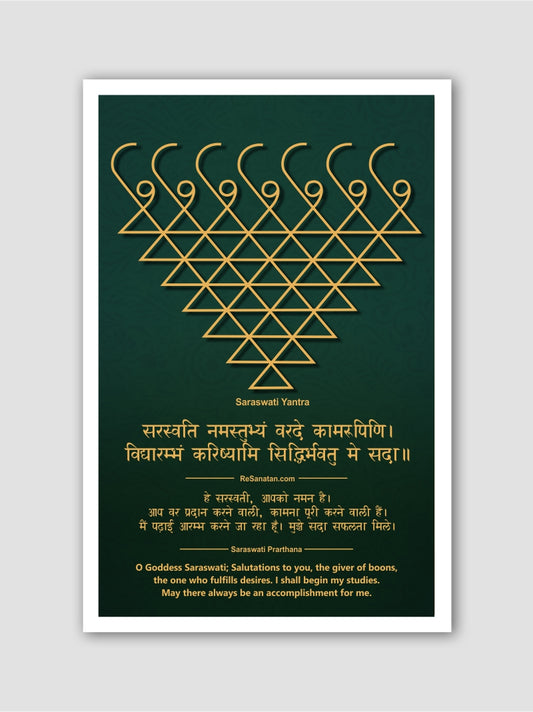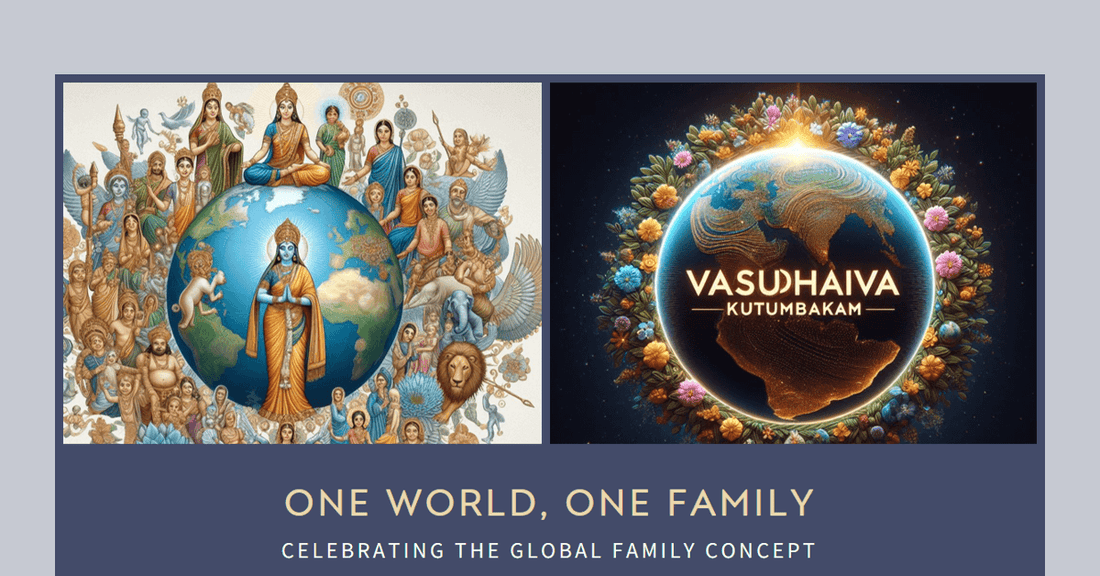
Exploring Vasudhaiva Kutumbakam: The Global Family Concept in Hindu Mythology
Share
Hinduism, one of the oldest religions in the world, is rich in philosophical concepts that offer profound insights into life, society, and the universe. Among these, the concept of "Vasudhaiva Kutumbakam" (वसुधैव कुटुम्बकम्) stands out as a guiding principle that emphasizes the interconnectedness of all living beings and promotes a sense of global unity. This ancient concept, rooted in Hindu scriptures, has relevance in contemporary times, fostering a deeper understanding of our shared humanity and interconnected existence. In this article, we will explore the origins, meaning, and significance of Vasudhaiva Kutumbakam in Hindu mythology, and its enduring importance in shaping a harmonious world.
I. Historical Origins of Vasudhaiva Kutumbakam:
Vedic Roots: The roots of Vasudhaiva Kutumbakam can be traced back to the Vedas, the oldest sacred scriptures of Hinduism. The Rigveda, for instance, contains verses that reflect the idea of a cosmic order and the interconnectedness of all living beings. The concept evolves from the Vedic understanding of the universe as a harmonious whole, where everything is interconnected and interdependent.
Upanishadic Influence: The Upanishads, philosophical texts that form the basis of Hindu thought, further elaborate on the idea of unity and interconnectedness. These texts delve into the nature of reality, consciousness, and the oneness that underlies the apparent diversity in the world. Vasudhaiva Kutumbakam finds resonance in the Upanishadic exploration of the ultimate reality as Brahman, encompassing everything in existence.

II. Meaning and Interpretation of Vasudhaiva Kutumbakam:
Literal Translation: Vasudhaiva Kutumbakam is a Sanskrit phrase that can be literally translated as "the world is one family." The term "Vasudha" refers to the Earth, and "Kutumbakam" means family. The concept encapsulates the idea that the entire world, with all its inhabitants, is a closely-knit family.
Inclusive Nature: At its core, Vasudhaiva Kutumbakam advocates for an inclusive worldview that transcends boundaries, whether they be geographical, cultural, or religious. It challenges the notion of separateness and promotes a sense of oneness that extends beyond individual, communal, or national affiliations.
III. Vasudhaiva Kutumbakam in Hindu Scriptures:
Mahopanishad: The Mahopanishad, an ancient Hindu text, is one of the earliest sources where Vasudhaiva Kutumbakam is explicitly mentioned. It emphasizes the interconnectedness of all living beings and encourages a sense of universal kinship. The text articulates the idea that the entire world is a family, and all beings are relatives.
Maha Upanishad: Another Upanishad that echoes the sentiments of Vasudhaiva Kutumbakam is the Maha Upanishad. It portrays the entire world as a family where the welfare of one is linked to the welfare of all. The Upanishad underscores the importance of compassion, empathy, and mutual respect in fostering a harmonious global community.

IV. Philosophical Underpinnings of Vasudhaiva Kutumbakam:
Advaita Vedanta: The concept of Vasudhaiva Kutumbakam aligns closely with the philosophy of Advaita Vedanta, which asserts the non-dual nature of reality. According to Advaita Vedanta, there is only one ultimate reality, Brahman, and the apparent diversity in the world is a result of ignorance. Vasudhaiva Kutumbakam, in this context, reflects the recognition of this underlying unity and the interconnectedness of all manifestations of Brahman.
Dharma and Ahimsa: Dharma, the righteous and ethical way of living, plays a crucial role in understanding the significance of Vasudhaiva Kutumbakam. The concept encourages individuals to live in accordance with dharma, promoting virtues such as compassion, justice, and non-violence. Ahimsa (non-violence) becomes a guiding principle in treating the entire world as one family, fostering a sense of responsibility and care towards all living beings.
V. Vasudhaiva Kutumbakam and Contemporary Relevance:
Globalization and Interconnectedness: In the contemporary world, marked by globalization and technological advancements, the relevance of Vasudhaiva Kutumbakam has become more pronounced. The interconnectedness of economies, cultures, and societies underscores the need for a shared understanding and cooperative approach to address global challenges.
Environmental Stewardship: The environmental crisis facing the planet accentuates the importance of Vasudhaiva Kutumbakam. The concept calls for responsible and sustainable practices that recognize the Earth as a shared habitat. It advocates for a collective effort to preserve and protect the environment for the well-being of all living beings.
VI. Challenges to Embracing Vasudhaiva Kutumbakam:
Ethnocentrism and Nationalism: Challenges arise in the form of ethnocentrism and nationalism, where individuals prioritize the interests of their own community or nation over the well-being of the global family. Overcoming these challenges requires a shift in perspective towards a more inclusive and universal outlook.
Religious Pluralism: In a world characterized by religious diversity, the acceptance of Vasudhaiva Kutumbakam requires transcending religious boundaries. Embracing a pluralistic understanding that respects and appreciates various religious traditions becomes essential in fostering a sense of global unity.
VII. Vasudhaiva Kutumbakam in Practice:
Interfaith Dialogue: Promoting interfaith dialogue becomes a practical manifestation of Vasudhaiva Kutumbakam. Engaging in conversations that seek common ground among different religious traditions fosters understanding and cooperation, contributing to a more harmonious global community.
Humanitarianism and Social Justice: Acting upon the principles of compassion and justice, individuals and communities can actively contribute to the realization of Vasudhaiva Kutumbakam. Initiatives in areas such as humanitarian aid, social justice, and poverty alleviation exemplify the practical application of the concept in addressing global challenges.
Vasudhaiva Kutumbakam (वसुधैव कुटुम्बकम्), rooted in Hindu mythology and philosophy, encapsulates a profound understanding of the interconnectedness of all living beings. As a guiding principle, it challenges divisive notions and promotes a sense of oneness that extends beyond borders and affiliations. In contemporary times, where the world faces numerous challenges, the significance of Vasudhaiva Kutumbakam becomes increasingly evident. Embracing this concept requires a collective effort to transcend barriers, foster understanding, and work towards a harmonious and sustainable world for the global family.




